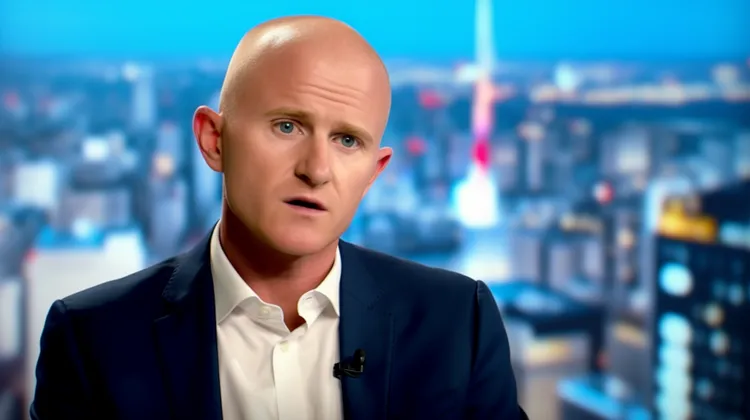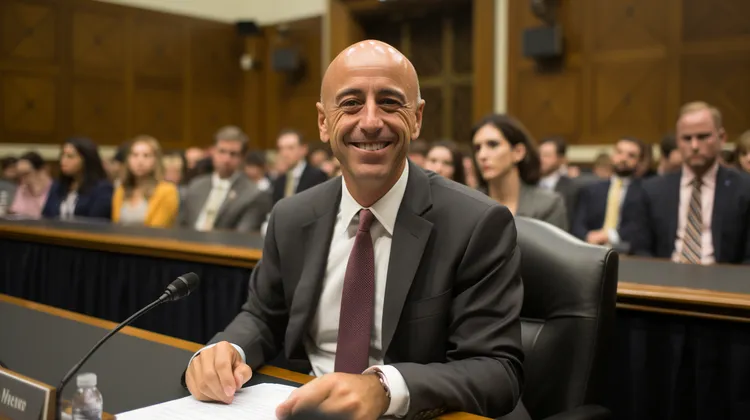In a significant development for the crypto industry, CoinList, a prominent cryptocurrency exchange, has agreed to settle allegations of violating U.S. sanctions against Russia. The U.S. Department of the Treasury’s Office of Foreign Assets Control (OFAC) accused CoinList of breaching sanctions by allowing Russian individuals and entities access to its platform. The settlement will cost the crypto exchange $1.2 million—a substantial penalty underscoring the U.S. government’s intent to enforce its economic sanctions rigorously, even in the digital currency space.
The controversy began when OFAC launched an investigation into the activities of CoinList after receiving a tip-off regarding potential sanction breaches. Upon further examination, it was discovered that CoinList had indeed facilitated cryptocurrency transactions for Russian nationals and companies on a sanctions list. These transactions, which took place over several months, represented a clear violation of U.S. laws designed to prevent American companies from doing business with certain Russian entities and individuals.
According to OFAC, CoinList failed to implement adequate compliance measures to prevent such occurrences. Despite having a system in place to screen for sanctioned parties, lapses in enforcement and gaps in the exchange’s digital infrastructure allowed the violations to occur. These oversights highlight the challenges that crypto exchanges face in maintaining compliance amid a rapidly evolving regulatory landscape.
CoinList has responded to the allegations by cooperating with the authorities and working to enhance its compliance protocols. As part of its settlement with OFAC, the exchange agreed to pay the $1.2 million penalty without admitting to any wrongdoing. This settlement serves as a stark reminder to other companies in the cryptocurrency space about the importance of vigorous sanction screening and the potential legal and financial repercussions of non-compliance.
This event sends a clear message to the global crypto marketplace emphasizing that digital currencies are not outside the reach of governmental regulation. All financial institutions, including those operating in the blockchain and cryptocurrency realm, are required to adhere to the same regulatory standards that traditional financial institutions follow, and they must ensure robust systems and processes to detect and prevent sanction breaches.
The fines levied against CoinList also point to a trend of increased scrutiny on part of regulatory authorities towards the crypto industry. As cryptocurrencies have grown in popularity and are increasingly used in mainstream financial transactions, regulators globally are taking a more active role in oversight to prevent their use in illicit activities, including the evasion of sanctions.
In the larger context of U.S.-Russian relations, the enforcement of sanctions reflects ongoing tensions and the commitment of U.S. authorities to leverage economic tools in their foreign policy. The strict application of these measures to the relatively new domain of crypto transactions indicates an evolving understanding and approach to economic sanctions in the digital age.
The repercussions for CoinList extend beyond the financial penalties; there is a reputational impact as well. Establishing trust with users is paramount in the cryptocurrency industry, and incidents like this can erode confidence. In response to this situation, CoinList is expected to take robust steps to reinforce its screening processes and rebuild its standing within the crypto community.
Market analysts believe that this case could lead to a domino effect where other exchanges, prompted by CoinList’s predicament, may start to re-evaluate their own compliance measures to avoid similar situations. The settlement may thus serve as a catalyst for widespread improvements in how crypto businesses address regulatory and compliance issues.
CoinList’s $1.2 million settlement with OFAC is not just a costly affair for the exchange—it is an important litmus test for the crypto industry’s willingness and ability to comply with international sanctions. As the industry continues to mature, observers expect to see an increase in compliance hiring, more sophisticated screening technologies, and a heightened awareness of the regulatory obligations that come with operating in this space. It is clear that navigating the complex web of global compliance will be an ongoing challenge for crypto exchanges, and CoinList’s case is a reminder of the high stakes involved.




Yet another example of big fines but no real accountability. No admission of wrongdoing? Come on. 😤👎
This development could change the game for crypto compliance. Time for all to step up!
Governments are definitely paying attention to crypto now! CoinList’s case is proof that nobody’s flying under the radar. 🚨👀
Welcome to the reality of compliance, crypto world! CoinList’s settlement is a serious wake-up call.
CoinList’s ordeal is a valuable lesson in enhancing digital frameworks to prevent such violations. Keep evolving!
M is painful, but CoinList’s proactive cooperation should set the gold standard for crypto exchanges. 🏅🛡️
And here I was thinking crypto was beyond these kinds of issues. Clearly not! CoinList, you’ve got some explaining to do.